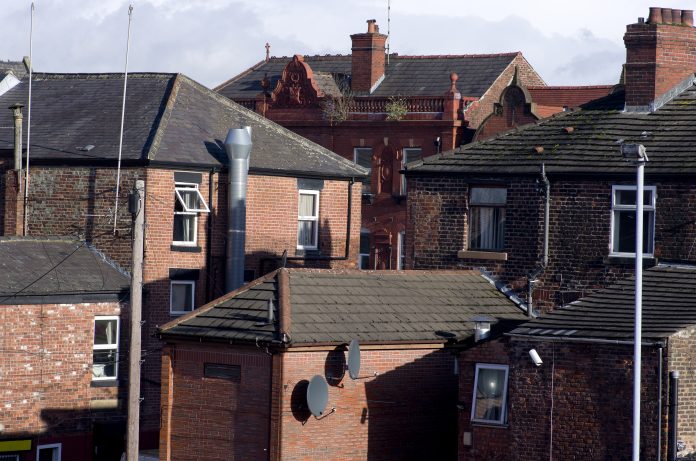In the north of England, renters have been fighting a quiet war against the UK private rental sector – how has COVID-19 impacted their quality of life?
The UK private rental sector has been a place of deep uncertainties for decades. Poor housing conditions have been the subject of northern concerns for a substantial amount of time. After COVID-19 swept through the country, people lost job security by the thousands. In July, 5.6 million signed up for Universal Credit, with 42% of the claimants “searching for work”.
How did the COVID-19 pandemic hit renters?
The University of Huddersfield launched a research project in May 2020, to quickly understand how the lockdown was hitting renters in the north of England. The team had conversations with 50 households about how life had changed, later describing these findings as “stark and unsettling”. They found that across the households, there were feelings of “insecurity” throughout the first lockdown.
-
The unchecked power of the landlord
One resident described the conditions that their landlord refused to deal with:
“In the end, I had to pay for someone to come out and get rid of the mice myself because I can’t have mice running about the flipping house… when it was leaking on the roof I had to pay to have tiles put in.”
As soon as lockdown hit, many of the households explained that their landlords were using COVID-19 restrictions as an excuse to indefinitely delay urgent repair work. In May, when this research was ongoing, repairs to the home were still allowed under UK lockdown rules. Some reported that their landlords refused to sort repairs out at all. Leaking roofs and guttering, water in the home creating internal damage, and pest problems were among the most common situations. The situation was so bad for one household, that he had to go to his parents’ home for the day and return to his flat only to sleep.
Eventually, the people living there paid for the repairs themselves rather than continue to let their health suffer.
2. The cold, the damp and the cost of heating
A single parent discussed the fear over rising energy costs in the home:
“I don’t put my heating on as much as I should do. I make sure my daughter walks around in slippers, dressing gowns. You come into the home, you take your coat off and you put a dressing gown on, so you walk round in a housecoat, basically.”
The cold and damp were problems that came up for households throughout all areas of this research. These environmental conditions impacted people on low incomes, but also people who were facing new uncertainties during COVID-19.
Spending weeks at a time in poor-quality accommodation had a crushing impact. One woman reported:
“I’ve got really bad damp in my house…it’s always bothered me, but it’s bothered me more and more and more because I work from home, and I’m working in the kitchen, and I’m looking at it every day directly and seeing it there. It is just getting worse. The landlord keeps saying, “There’s nothing I can do”.
These people often were still working full-time in professional occupations, showing the wide range of impact across the socio-economic spectrum.
But these failures begun before the lockdown
Around 1 million homes in the north fail to meet basic decency standards for housing. The households who spoke to researchers crucially noted that none of their problems begun during the lockdown – they were just significantly worsened, as people noticed the conditions in which they were isolating and as they were unable to persuade landlords to fulfil their duty in looking after the homes.











